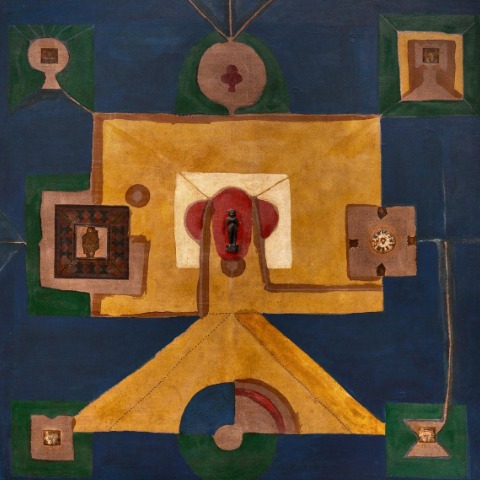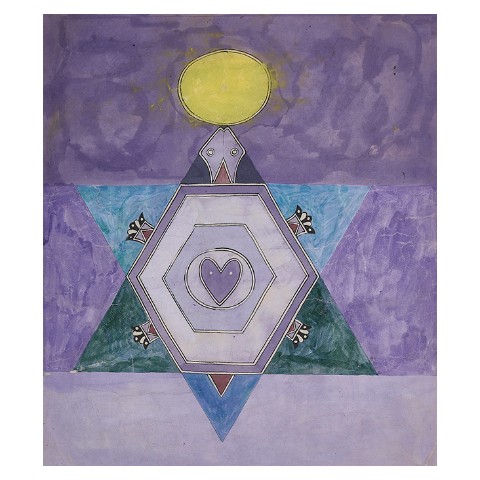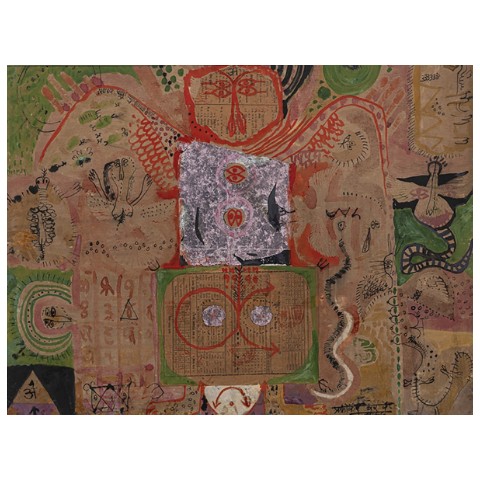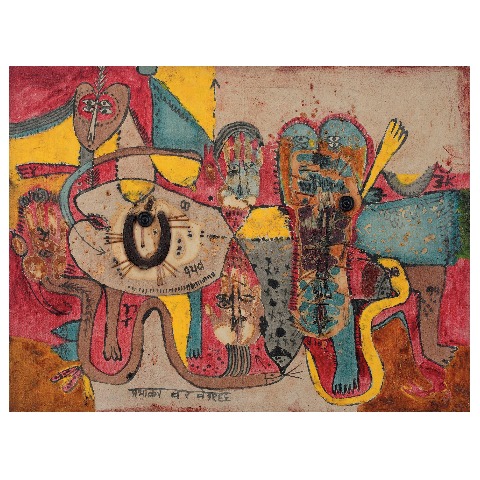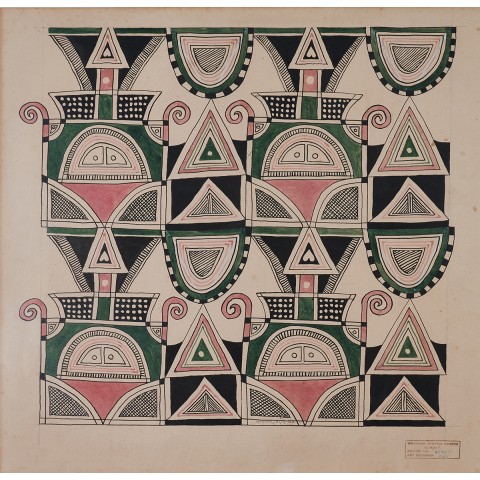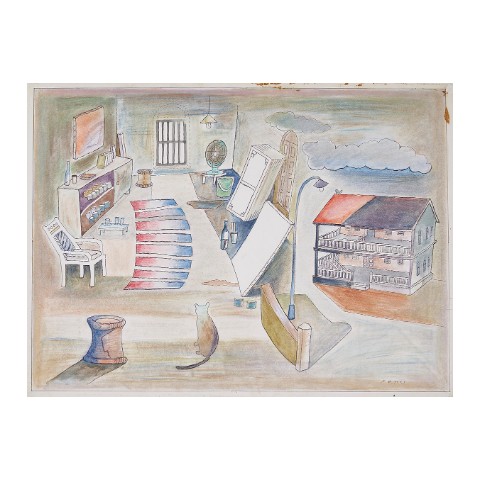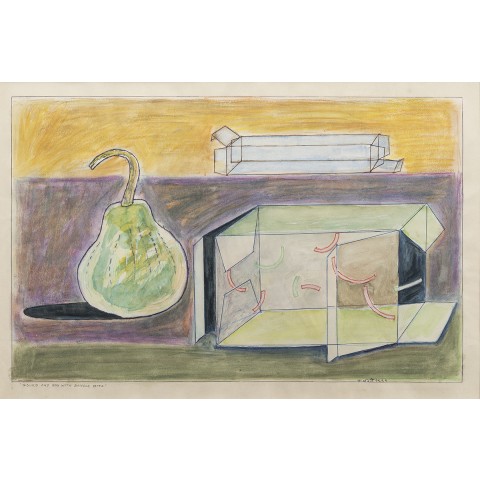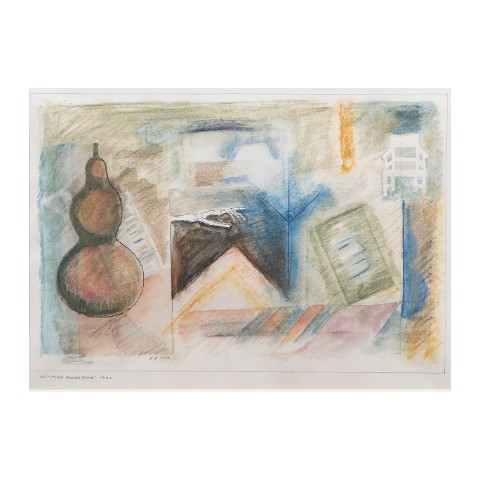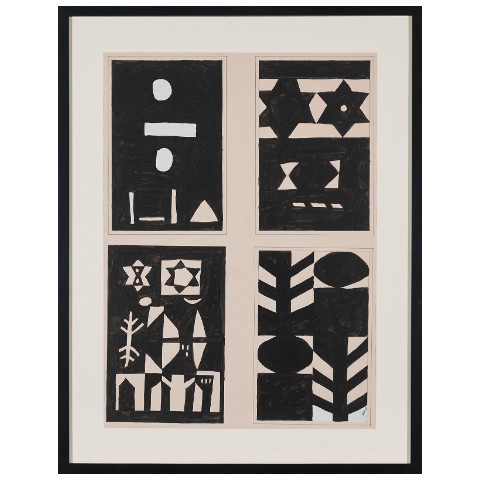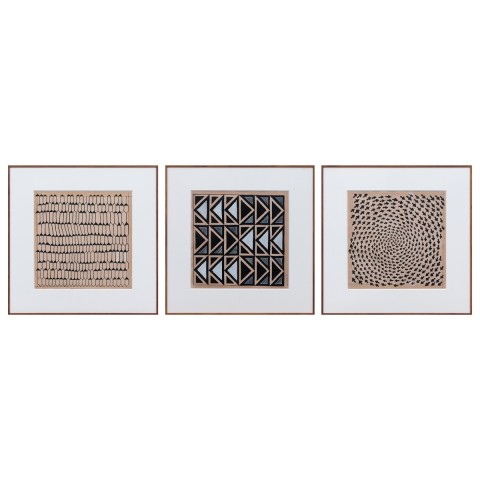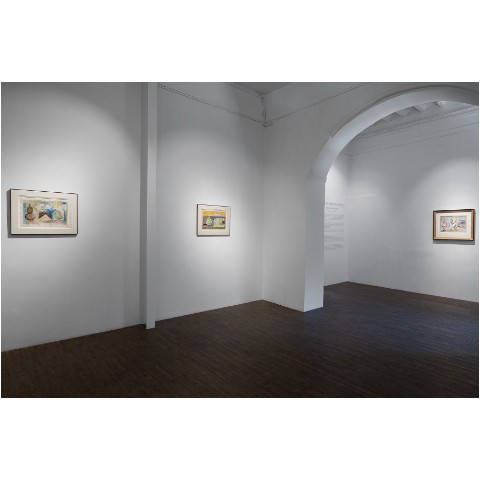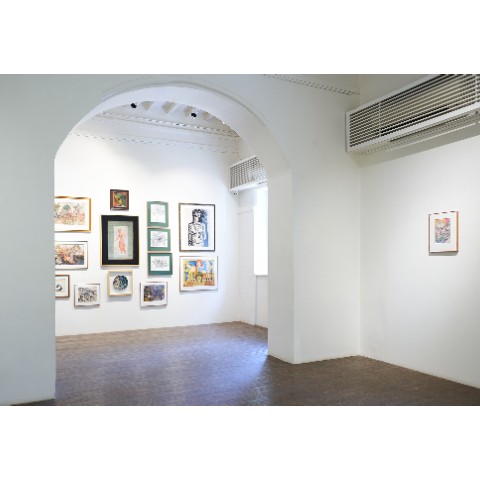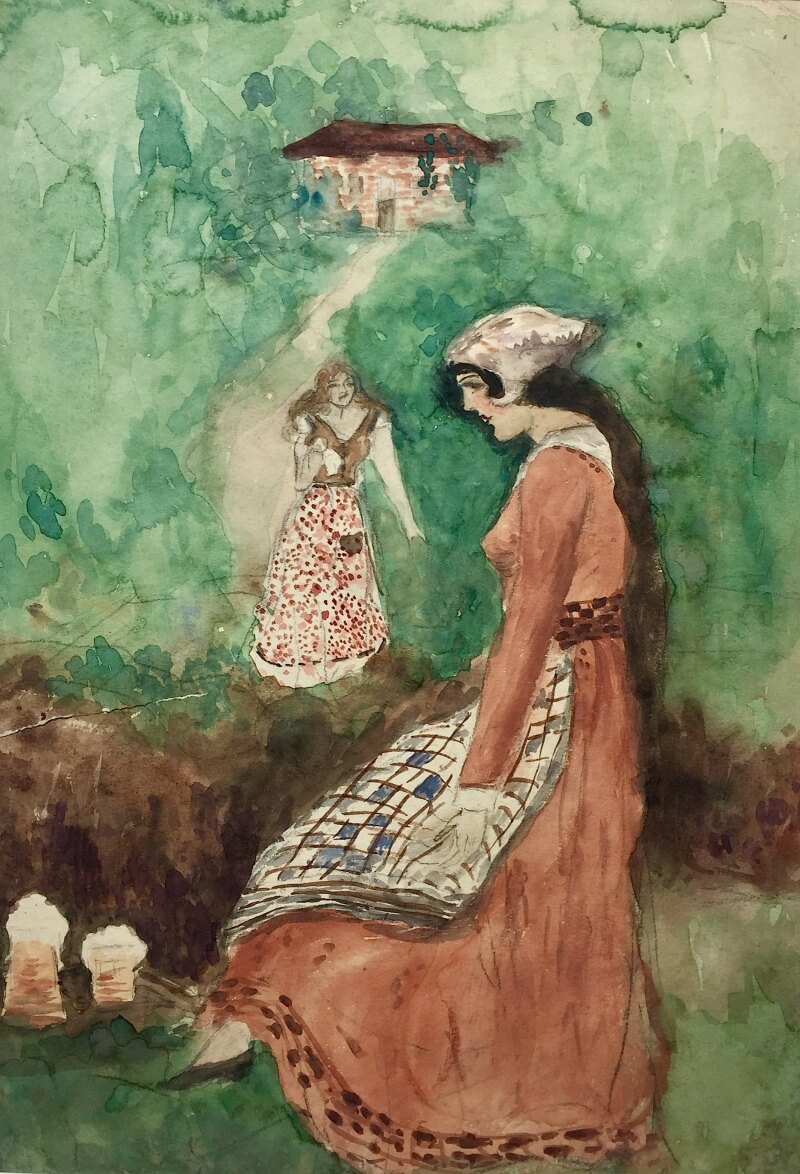
PRABHAKAR BARWE
Akara Modern
1936 -1995
Prabhakar
Barwe was born in Nagaon, Maharashtra, and graduated from the Sir J. J. School
of Art, Mumbai, in 1959. During his stay in Varanasi, the holy city of India,
between 1961 and 1965, he came into contact with the canon of Tantra
(mysticism) that markedly influenced his work. Known as a symbolist and an
abstractionist, Barwe’s multitudinous influences can be traced through the steady
evolution of his works. His poetic sensibility combined with his
representations of ordinary objects echoed the emotional and mystical
associations he wanted to render into his works. The empty space and the use of
dedicated minimalistic designs set apart Barwe’s works from his contemporaries.
As a
painter, he won an award instituted by the Japanese newspaper Yoshihari
Shimbun. In 1976, he won an award at the annual exhibition of the Lalit Kala
Akademi and in 1969, he was awarded the Yomiuri Shimbun Award from Japan. Barwe
had his works exhibited in several shows including one at Wisconsin, U.S., in
1963; Indian Painters, Zurich, 1970; Grey Art Gallery, New York in 1975;
International Biennale, Menton, France, 1976; Modern Indian Painting, Hirshhorn
Museum, Washington in 1983 and more. Towards the end of his life, he wrote a
book in Marathi called Kora Canvas (Blank Canvas), documenting
his feelings, expressions, struggles, and satisfaction as an artist.
